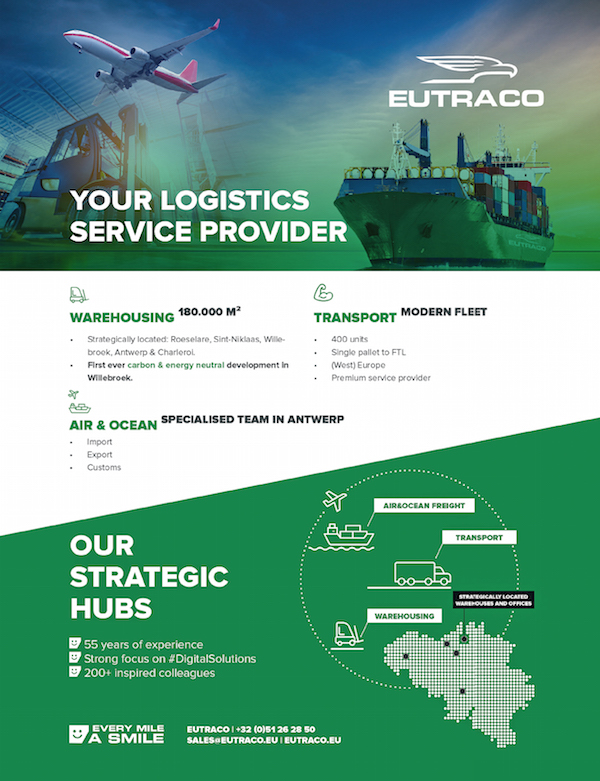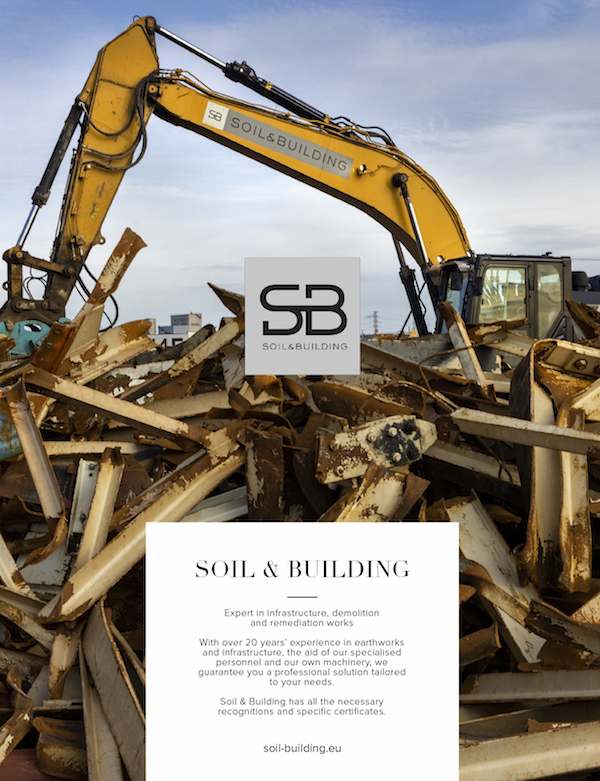For Ignace Tytgat, CEO of Belgium-based logistics developer MG Real Estate, the benefits of working within a family business are manifold. It’s not just about listening to its employees with all their in-house expertise but the fact that the company guards its family values and actively brings them into management decisions and its vision for the future.
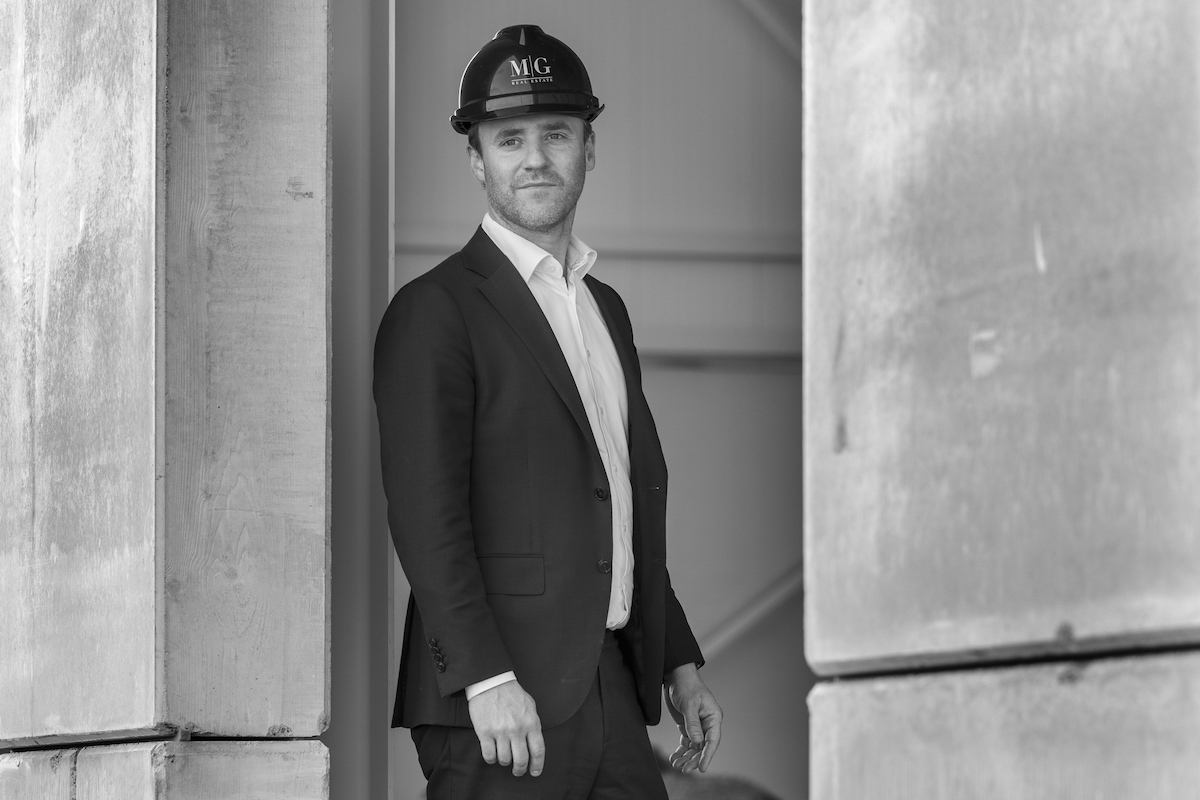
“Leading this company means listening to our employees, analysing the information and making joint decisions based on that,” Ignace says. “As CEO, listening is one of the most important aspects of my role. We’re always trying to find solutions, even in the most difficult of situations.”
One such “difficult situation” Ignace cites is when a month out of delivering a brand new building for a big international company, the call came through that circumstances had changed.
“They decided not to rent it anymore,” he explains. For some, this would have been a major setback, but for Ignace and his team, it was a challenge for which there had to be a solution. “We don’t like to put negative energy into our business model so we hit the phones,” he says.
“We called everybody to say that we have a building ready, it’s the most perfect building, it’s vacant and we can do it now.” The calls worked and three months later, a new tenant had signed a long lease on the building.
We were one of the first developers that took the social spaces out of the back corner of the warehouse and put them up-front, where there’s a lot of light.
“If you can share your positive mindset with the team then everybody will feel the same way and work harder to get the problem solved,” Ignace asserts. It’s this attitude and the fact that MG Real Estate places great emphasis on the wellbeing of employees when developing a project that sets the developer apart.
“We focus on attracting people to work in a pleasant environment with a lot of greenery and light,” Ignace explains. “It was always these grey, dark spaces, and the sanitary rooms, the showers and the toilets were always dirty. We were one of the first developers that took the social spaces out of the back corner of the warehouse and put them up-front, where there’s a lot of light.” The past five years have seen a switch to automation but Ignace adheres to the belief that human beings still remain central to this.
“We believe that if we can offer people who are working in our warehouses more well-equipped offices and social spaces, they will work even harder and they will stay in the company longer because of that innovation,” he says.
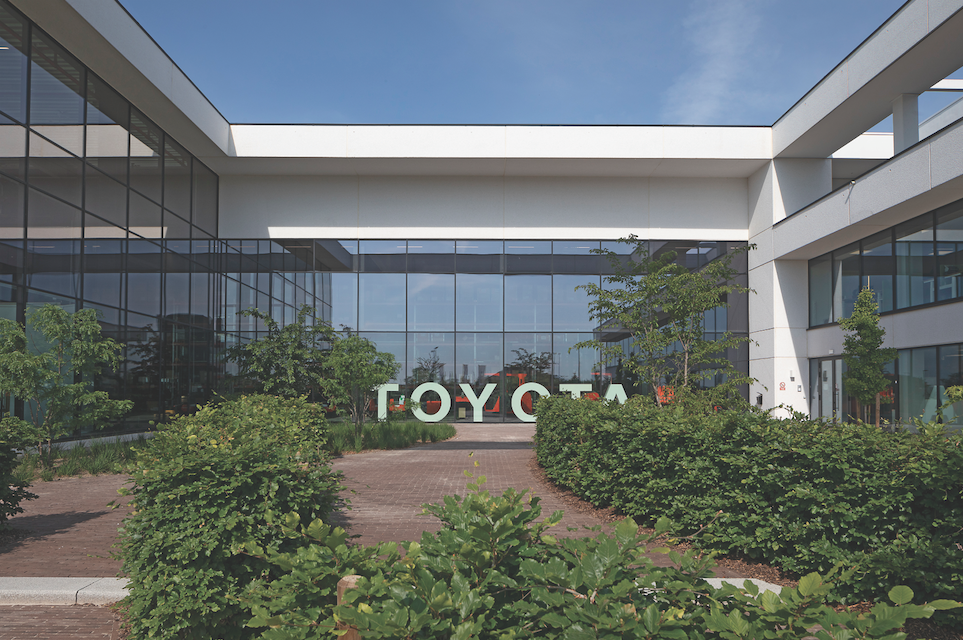
The company now makes sure that the offices in all of its buildings have floor-to-ceiling windows and also fits its properties with tree-lined, outdoor terraces so that workers do not have to spend their breaks in the car park.
Always green
MG Real Estate, where Ignace became CEO three years ago after joining as a Sales Director Logistics & Offices in 2015, is a driving force behind the company’s modernisation of industrial spaces. One of its main specialties is breathing new life into old and polluted sites, and doing so sustainably.
Earlier this year, the company began demolishing an old Ford car factory in Ghent, Belgium. Instead of using trucks to clear the site of steel and bring earth back in to level the ground, MG Real Estate used more fuel-efficient boats. The company also recently delivered Belgium’s first-ever carbon-neutral building for a third-party logistics firm called Eutraco.
Every time you do something, you have to ask how you can do it more sustainably.
The building has heat pumps on the roof, solar panels and intelligent LED lighting. “Sustainable and green, these are big words,” Ignace says. “You have to have them in mind from the beginning on the site – when you acquire it, when you’re demolishing the site, and during construction. Afterwards, you have to ask yourself what services you can give to make companies use the building in a sustainable way. Every time you do something, you have to ask how you can do it more sustainably.”
While these values drive MG Real Estate, it is the company’s ability to deliver its projects at speed that really sets it apart from its competitors. The company is competing with existing warehouses, so it has to be able to finish and deliver buildings as fast as possible.
“We can move quickly to find the best outcome for the customer because we have really great relationships with partners who we’ve worked with over the last 20 years,” Ignace explains.
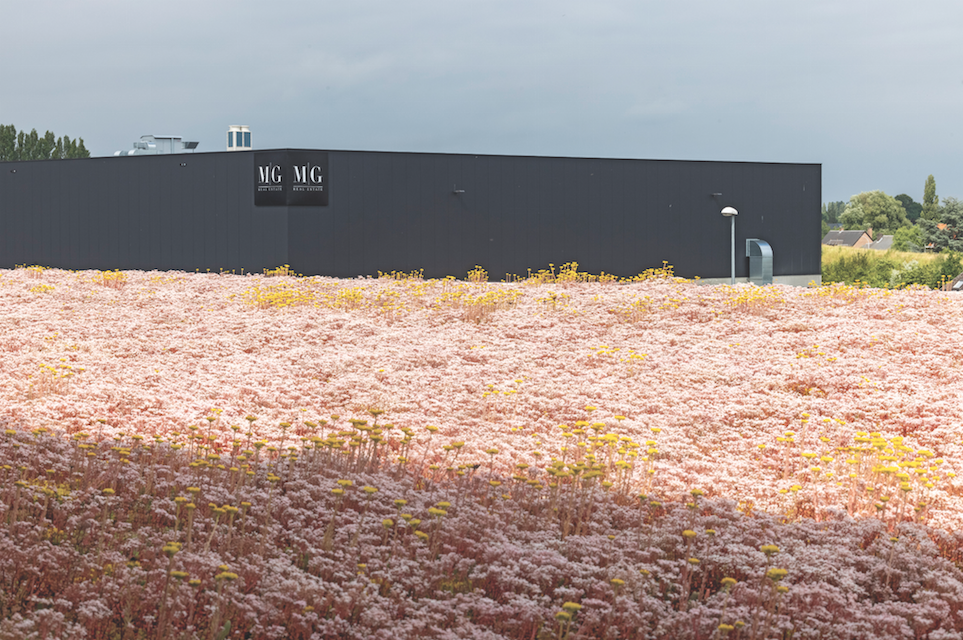
“That’s another advantage of being a family firm. Our shared history means that partners want to work with us and we want to work with them. “If they have to work a little bit harder, or they are under a little bit of pressure on timing, they will be willing to do it because they know it’s a joint partnership. If we can help them, we will help them. If they can help us, they will help us.”
As Ignace points out, keeping all of its expertise in-house, from acquisition, demolition and de-pollution, to permits and financing, helps speed projects up as well as there is no need to depend on any third parties.
In-house expertise
Another way in which MG Real Estate is able to compete successfully is by offering clients a more tailored solution. If an existing warehouse has 20,000 square metres of space, but that might be more than the customer needs, Ignace will find a solution. “What we want to do is to be able to give the tenant another option,” Ignace says.
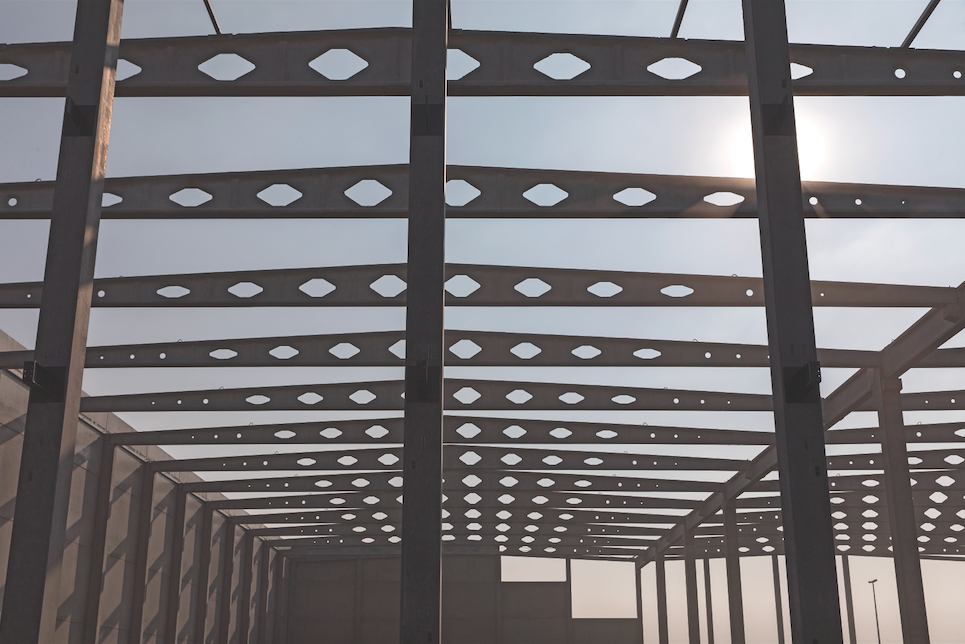
“It may be a little bit more expensive in the initial outlay, but if you can create it tailor-made and it’s also a sustainable building – we’re always looking for the most sustainable energy solutions, for example – you’re futureproofing it. Take into account the running cost of the building and I think you can be even more competitive than an existing warehouse.”
Positive mindset
About three years ago, MG Real Estate made the decision to expand its team of some 25 people to a team of around 50. “Growth necessitates a positive mindset. I think by next year we will be 55 people,” Ignace predicts. “We need to grow in order to translate our successful business model in Belgium to any country, though our focus will remain in Benelux and the Nordics.
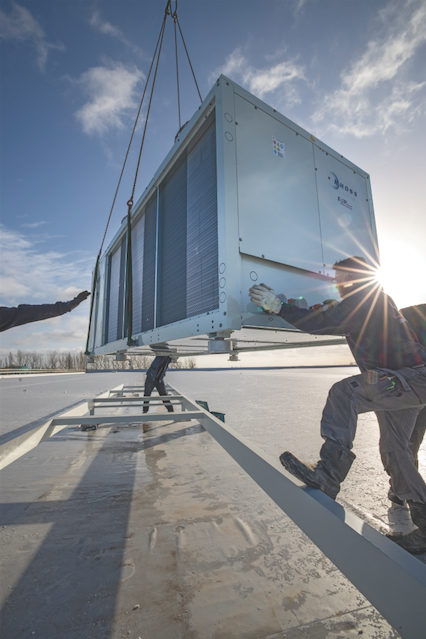
“The challenge over the next five years will be to grow and put us on the map. I never thought we would grow so big but the demand is there. We’ll keep growing as long we can keep our family-style business. We don’t want a management culture. Family companies have entrepreneurship at their core and that’s something we want to hold on to.”
Proudly supported by:
